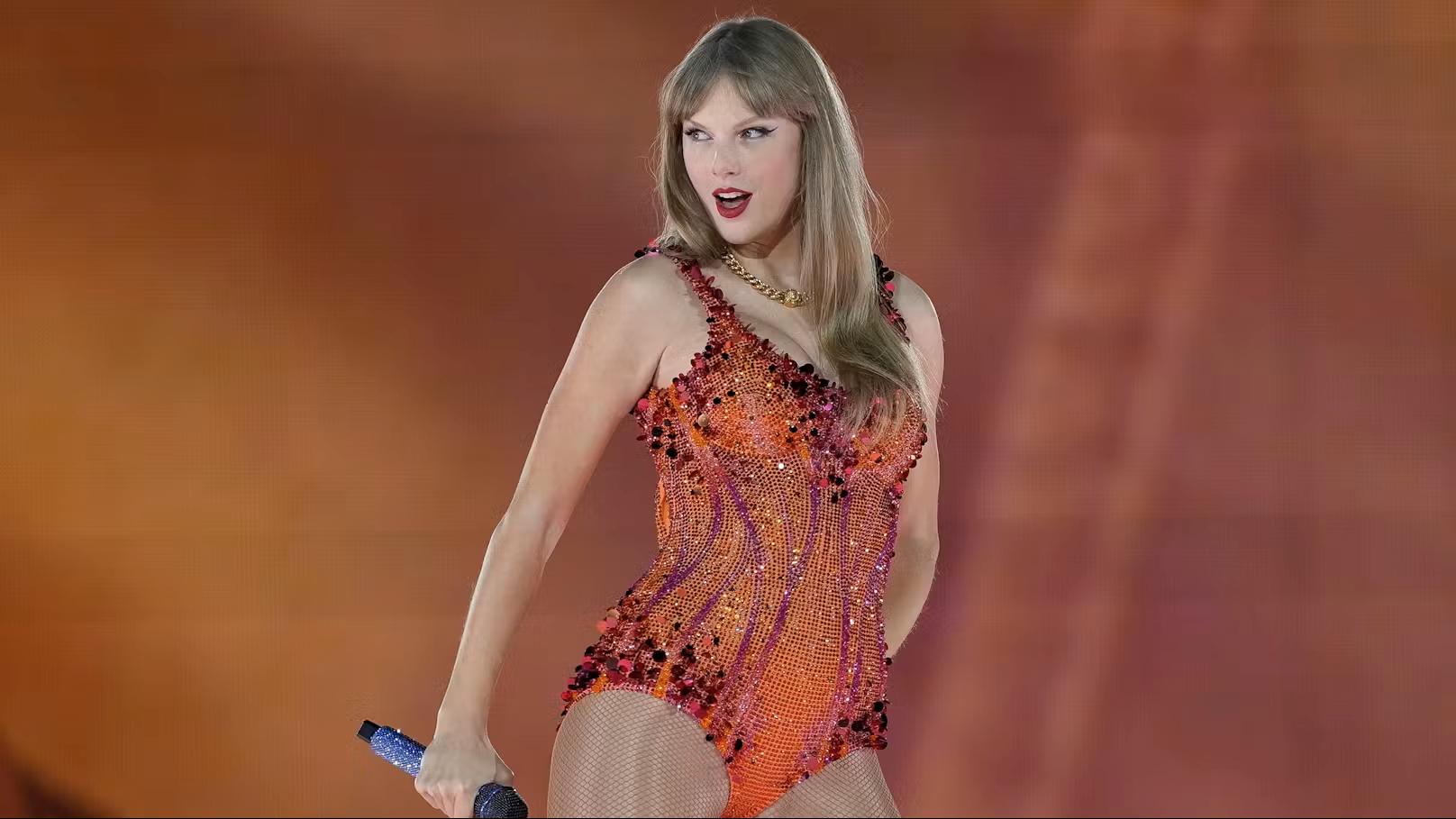The industry that won’t grow up: How ageism still silences artists
Is this 2015? Both the media and the public slated Taylor Swift for the first 10 years of her career for being a serial dater, and now she’s happy and settled down, they’ve found something else to complain about. Even the Swifties are calling Swift out for her so-called immature lyricism on new album, The Life of a Showgirl. The song ‘Wood’ has been the worst offender, focusing on the 35-year-old’s private life with fiancé Travis Kelce.
Many have compared ‘Wood’ to the work of Sabrina Carpenter, known for her sexual innuendos and performances, arguing there is something uncomfortable about someone of Swift’s age writing songs reminiscent of her contemporaries’ work. However, The Life of a Showgirl was marketed as having the lyrics of Swift’s eighth studio album folklore, so perhaps fans are just surprised at the seemingly shallow songwriting. And they aren’t wrong, as “And you can aim for my heart, go for blood/ But you would still miss me in your bones” (‘my tears ricochet’, Taylor Swift) doesn’t scream “His love was the key that opened my thighs” (‘Wood’, Taylor Swift) to me.
The industry evidently has something against older artists, and – in particular – women
Despite this, ageism is clearly an issue in the music industry. Madonna, 67, has been called out by the press endlessly for not ‘aging gracefully’, many arguing this led to her fall from grace as one of the world’s best popstars. Janet Jackson, 59, headlined the Super Bowl in 2022, yet her epic performance was overshadowed by comments about her age and suggestions that a younger artist should’ve filled the slot. The industry evidently has something against older artists, and – in particular – women.
So, is there an unfair misogynistic standard in place, or do female artists pave their own path to ambiguity? Perhaps it’s both. It could be argued artists aren’t helping themselves. Sabrina Carpenter’s latest album, Man’s Best Friend, is essentially ten sexual innuendos disguised as songs. Given her repertoire so far, she isn’t particularly building a career to last – older artists are entitled to write about all facets of their life, but Carpenter will have to diversify at some point, not due to age, but simply to maintain relevance.
Ageism has necessitated the reinvention of female artists. Kylie Minogue, for example, has delved into different facets of her identity throughout her discography to maintain popularity. Saying this, artists are expected to change and develop with age, so Minogue’s shape-shifting stage presence isn’t wholly forced – people want to see reality reflected in art. Reinvention, however, creates a sense of freshness, female artists unfortunately forced to play into innocence to stay relevant.
Ageism seems to work in reverse for male artists: whereas women are told they must be adult yet youthful to appeal to the patriarchal industry, men must fit a different set of ideals. For example, when performing at the 2025 VMAs, Sombr was criticised for his performance which saw a woman lick up his chest and neck while he performed. There is something contradictory about the fact that women must be sexual, whereas younger male artists cannot.
Does ageism affect fans too? An ‘Age without Limits’ study found that 24% “think it’s embarrassing when people in their 50s and 60s go to concerts by the 21st century’s biggest music stars”. Music-lovers in this age group feel as though they have to take a younger person with them to fit into these crowds: why have we created a culture whereby people cannot simply enjoy the music they love? Does John have to look like he’s the dad dragged along, or can he simply be a girly-pop for two hours?
Regardless of age, artists deserve the freedom to write honestly, and fans ought to feel free to enjoy it
The issue is clearly something listeners need to resolve, so where do we start? We must support older artists, ensuring our playlists hold a range of music – it’s okay to love popular, younger artists, but artists who have been on the planet twice as long are just as current. Music is a timeless art, and the best music is that which withstands time: think Frank Sinatra, Bob Dylan, and Tina Turner. Escapism through music is one of the best forms of therapy, both for creators and consumers, so we need to champion authenticity. Regardless of age, artists deserve the freedom to write honestly, and fans ought to feel free to enjoy it. Self-expression and inclusivity are at the core of the industry.
Promisingly though, the issue is improving. The lifespan of the female artist is growing. Florence and the Machine, fronted by Florence Welch, 39, have just announced their Everybody Scream arena tour; Lady Gaga, also 39, has just performed a 4-night sold-out run at London’s O2. Furthermore, Kate Bush, 67, has had a recent resurgence thanks to Netflix’s hit show, Stranger Things, featuring ‘Running Up That Hill’ in season four.
The industry expectations are shifting, and fans must support this imperative progression.

Comments